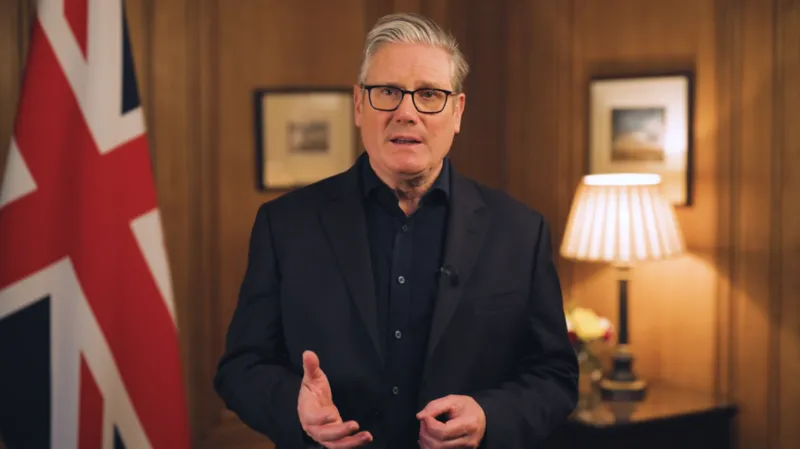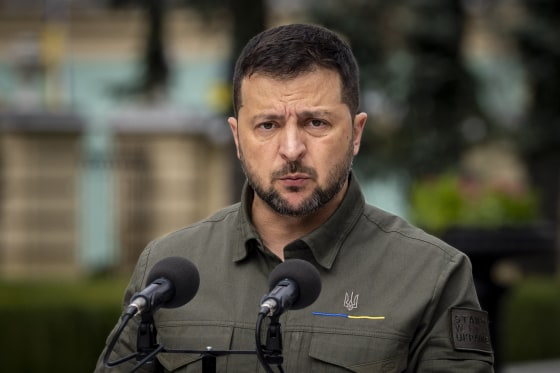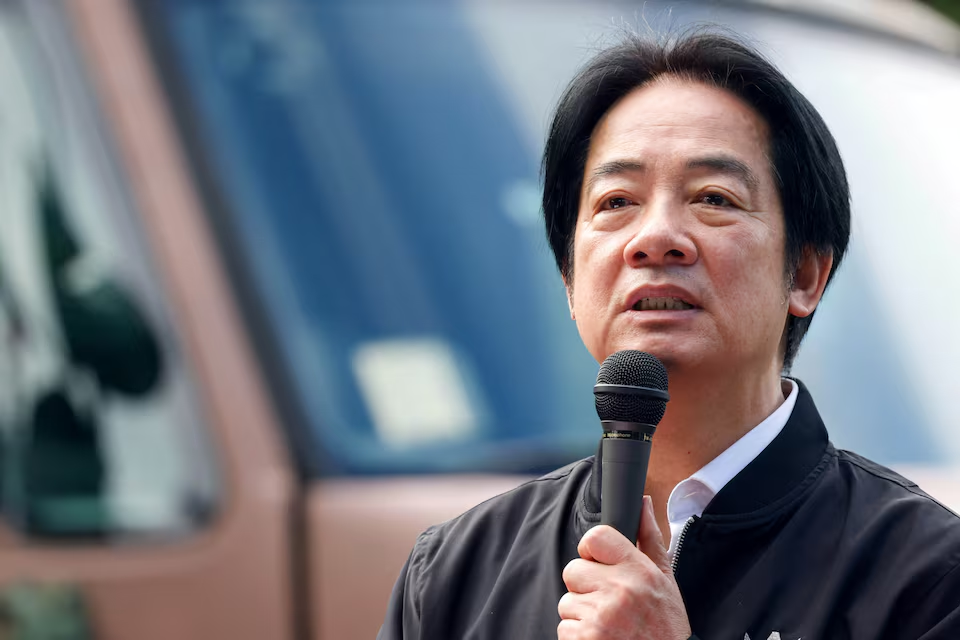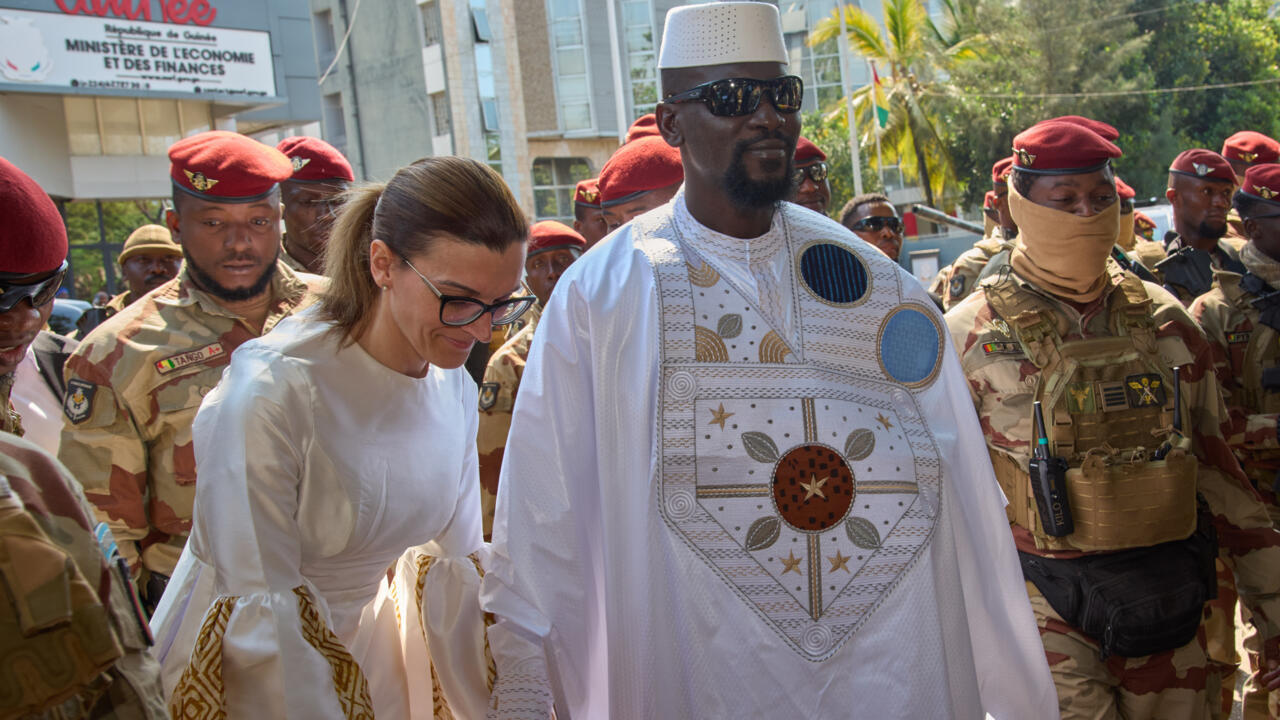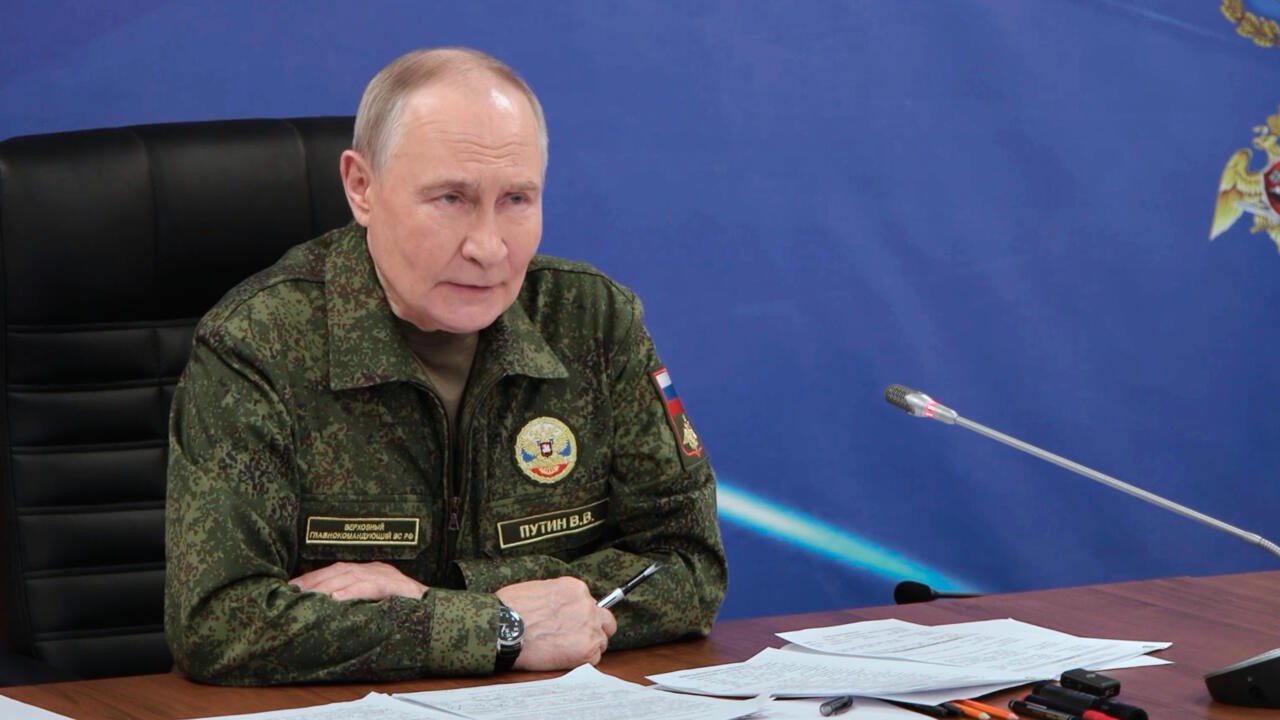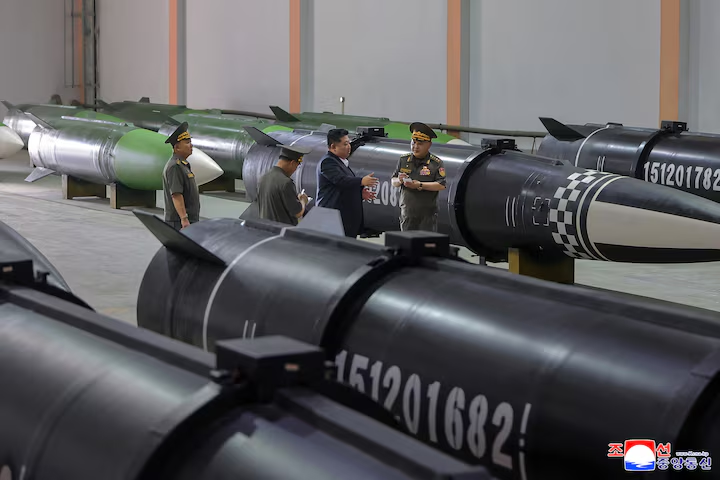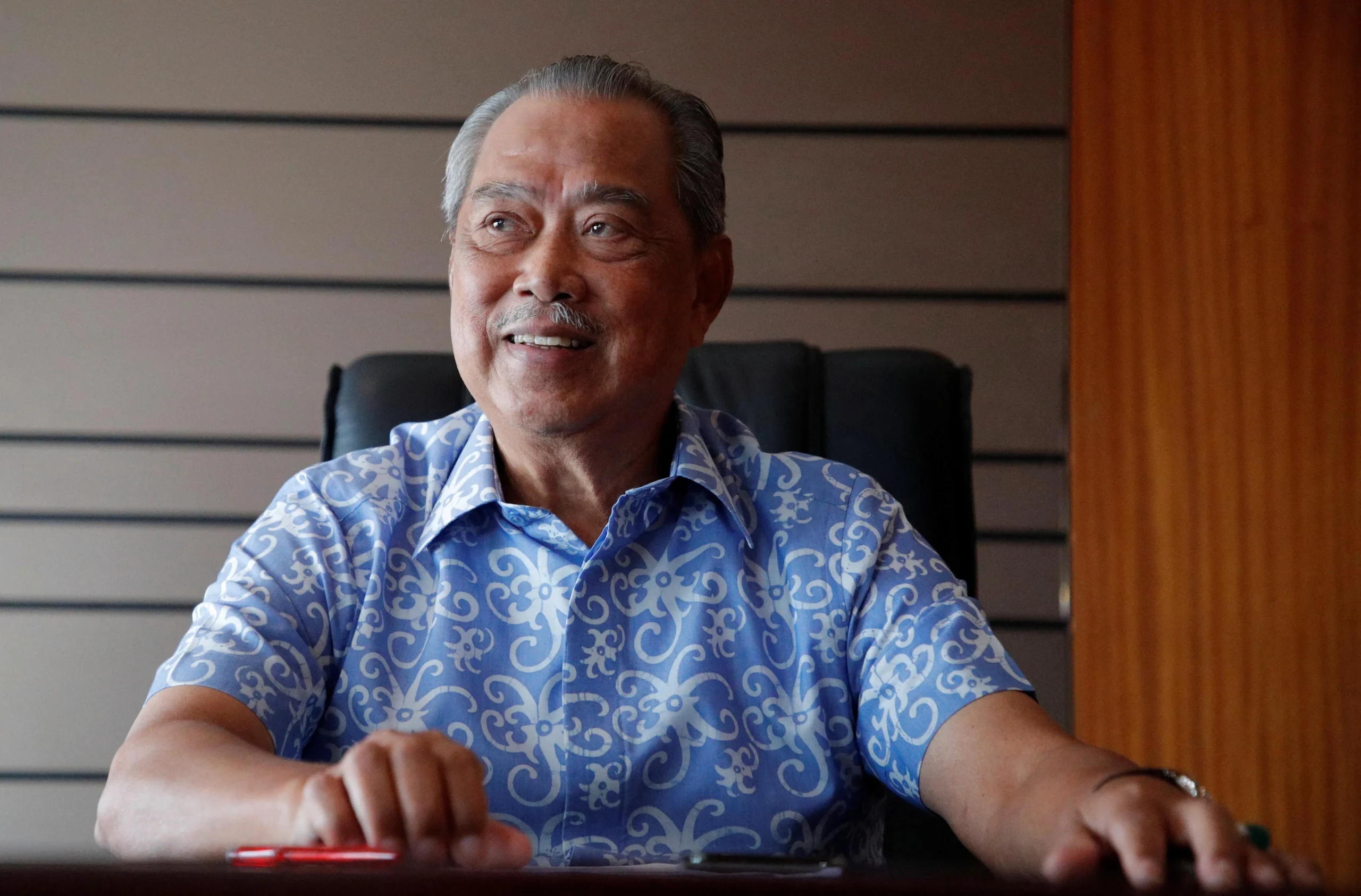China and Germany signaled a potential thaw in months of trade tensions as Chinese Vice Premier He Lifeng and German Finance Minister Lars Klingbeil met in Beijing on Monday to discuss strengthening bilateral commercial ties.
The discussions aim to stabilize the relationship between the world’s second- and third-largest economies amid a series of disputes over technology exports and industrial policy.
“The two sides should exploit untapped potential and expand China-German cooperation,” He said after the meeting, adding that China would ensure fair business conditions for German companies. Klingbeil, making the first visit by a minister from Chancellor Friedrich Merz’s government, stressed the importance of partnership in addressing global challenges, including the conflict in Ukraine. “Germany and China together can find answers to the challenges of our time,” he said.
The visit comes after months of strained relations, driven by China’s export restrictions on chips and rare earth materials, which have disrupted German industries. The tension follows a cancelled trip by German Foreign Minister Johann Wadephul last month after Beijing limited his meeting requests.
Read Also: China Climate Leadership Rises As U.S. Skips COP30
Despite political frictions—over China’s human rights record, state-subsidized industrial policy, and support for Russia—the two nations remain deeply connected economically. China purchased $95 billion in German goods last year, including roughly 12% in automobiles, while Germany imported $107 billion of Chinese products, largely electronics and semiconductors. “Germany and China share a vast and mutually advantageous commercial relationship,” He said, emphasizing the need for fair and non-discriminatory trade practices.
Both governments acknowledged that, while political disagreements persist, economic cooperation remains essential in a global market challenged by U.S. tariffs and geopolitical tensions. Analysts note that Berlin’s ongoing review of trade policy toward China could influence future agreements and investment flows.
Merz is expected to visit China later this year, further signaling Berlin’s commitment to dialogue despite the complexities of its political relationship with Beijing. Officials hope that improved communication and alignment on development strategies will help both countries navigate economic and geopolitical challenges in the months ahead.


